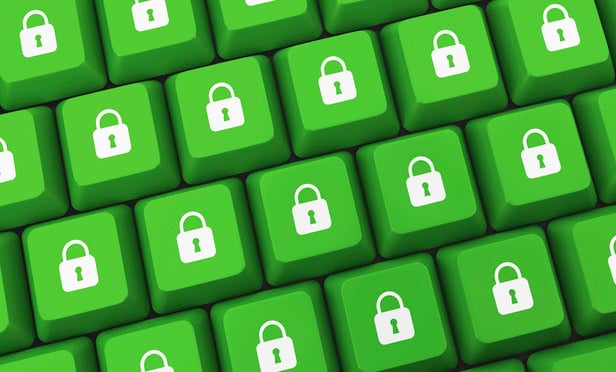Cyberattacks have affected virtually every industry. These include, but are not limited to, health care, education, finance, energy, retail, hospitality and government. Most of us have seen or heard about the security breaches of Home Depot Inc., eBay Inc., Target Corp., Sony Pictures Entertainment, JPMorgan Chase, and the U.S. Office of Personnel Management. What is cybersecurity? The National Initiative for Cybersecurity Career and Studies (NICCS) defines cybersecurity as “the activity or process, ability or capability, or state whereby information and communications systems and the information contained therein are protected from and/or defended against damage, unauthorized use or modification, or exploitation.” Oxforddictionaries.com states that cybersecurity is “the state of being protected against the criminal or unauthorized use of electronic data, or the measures taken to achieve this.” Finally, Webopedia.com characterizes cybersecurity as “the technologies and processes designed to protect computers, networks and data from unauthorized access, vulnerabilities and attacks.”
Cybersecurity is by all accounts a growing challenge. Today, hackers are more advanced and better equipped. Their success mostly depends on finding a hole, or vulnerability, that goes unpatched or unnoticed by defenders. The more difficult a system is to infiltrate, the more time, energy and skill hackers must invest into cracking that system. More attacks are coming from highly skilled and sophisticated hacker groups, with their motivations varying from monetary gain to disruption and injury to their targets for any number of non-monetary reasons.



